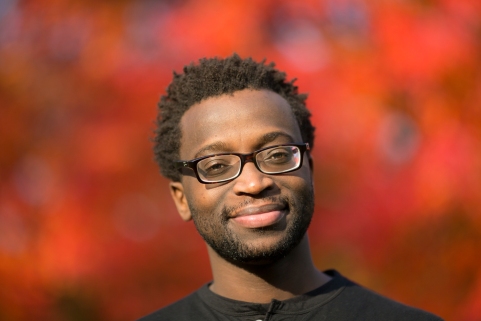Recent sexual assault allegations following the movie mogul, Harvey Weinstein, has created an outburst of daily headlines containing new reports of rapes and assaults within various industries. In a recent interview with Sarah Silverman, the Guardian’s journalist, Sophie Heawood, has described this outbreak as “a horrible two weeks for women in Hollywood.” However, Silverman contradicts Heawood’s statement by adding in her own two cents: “’It’s probably been the best two weeks for women in Hollywood ever. It’s a better two weeks than the silence of the past.’”
We tend to believe sexual assaults are ‘new’ due to the recent disclosure of actors and affluent individuals that committed the appalling acts within the Hollywood industry. Yet, even before the Weinstein scandal, it was (and presently is) very apparent that women have endeavored various acts of sexual harassment and assault within America. But we should understand that these occurrences are happening at a larger scale outside American soil. By examining Roland Rugero’s novel, Baho!, we can acquire better insight towards the poorer social position women face outside our range of vision.
Rugero’s Baho! subtly examines the dynamics of women’s maltreatment within a small village, Hariho, in Burundi. Baho!, depicts a mute man’s [Nyamuragi] false accusation of premeditated rape towards a 14-year old girl, Kigeme. Nyamuragi’s accusation was a result of Kigeme misinterpreting his gestures made in order find a bathroom to relieve himself. In consequence of the misunderstanding, the men of Hariho take it upon themselves to punish the presumed rapist.

“Burundian refugees gather on the shores of Lake Tanganyika in Kagunga village, Kigoma, in western Tanzania on May 17, 2015.”
An assortment of factors deters the vindication of Nyamuragi. In particular, the anxiety of sexual assault women in Hariho bear. Kigeme recounts that “the obsessive fear of rape has haunted this country’s women.” (Rugero 15). A whole country of women are on high alert of being assaulted. In fact, from the Human Rights Watch’s report in 2015, there was around 323 (264 women and 59 girls) reported cases of sexual assault or rape within Burundi in a span of 4 months. This also doesn’t take into account unreported cases. This outrageous number of assaulted women provides insight to the apprehension seen within the village of Hariho and explains the swift labeling of Nyamuragi as a deviant.
The village men also contribute to not only prolonging Nyamuragi’s ‘trial’, but the uneasiness women experience as well. This is seen when the women of Hariho are consoling Kigeme after the incident occurred. Instead of chipping in their support, the men ogle the women and converse among themselves which “women [are] gorgeous” (Rugero 26). The hypocrisy seen within the men provides an explanation to why Nyamuragi’s trial becomes very one-sided: they are attempting to make Nyamuragi a martyr. By ‘cleansing’ the village of the rapist, they are attempting to also cleanse their own sins.
Throughout history, it has predominantly been men that ruled and created societies throughout civilizations. Men created ’ideals’ that women in society should follow; be submissive and docile; provide food for the husband; etc. Women are perceived more as a sexual symbol rather than as human beings within the men’s psyche. This symbolization becomes an ideology that men seek and impose towards women. The ideology dominates men as a result. Action must be taken to rid of this burden women are born into for a better future. As noted within both the Hollywood industry and the nation of Burundi, in which the fictional world of Baho! takes place, the junction of women throughout the globe is the fear of assault. This fear, unfortunately, crosses the borders of nations.


